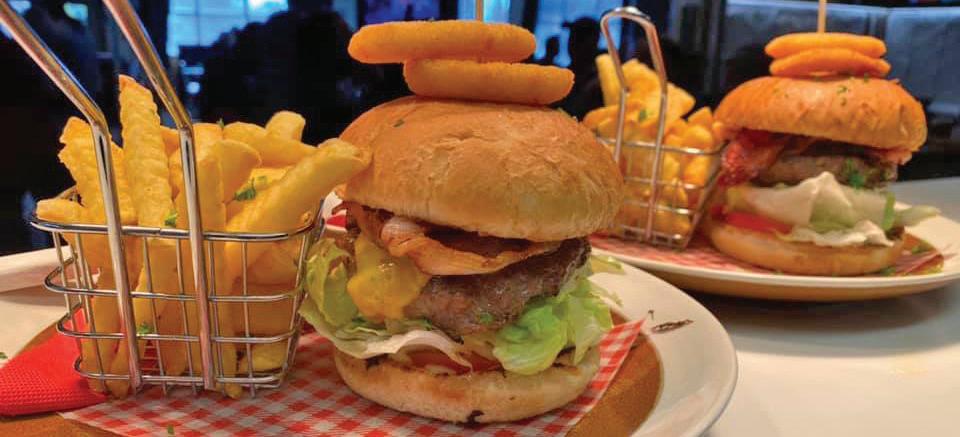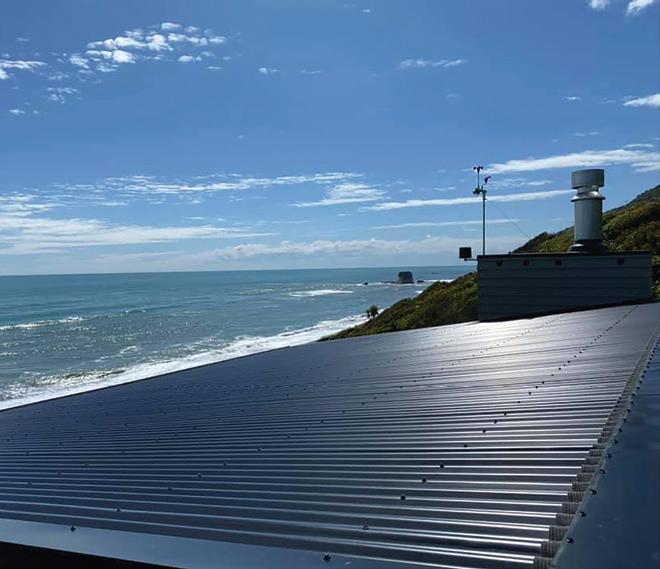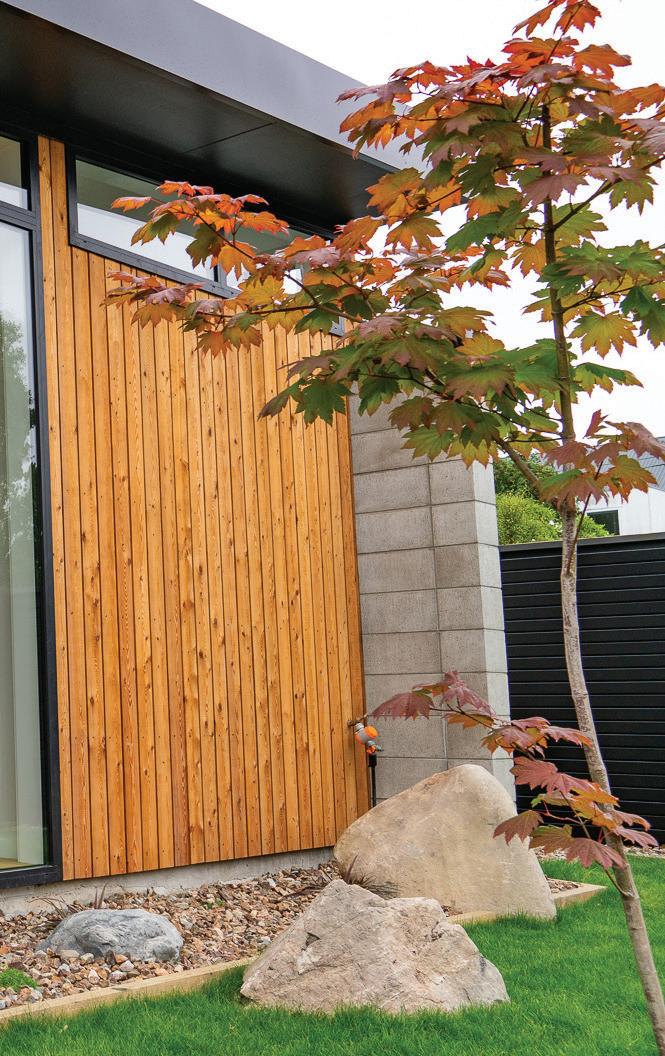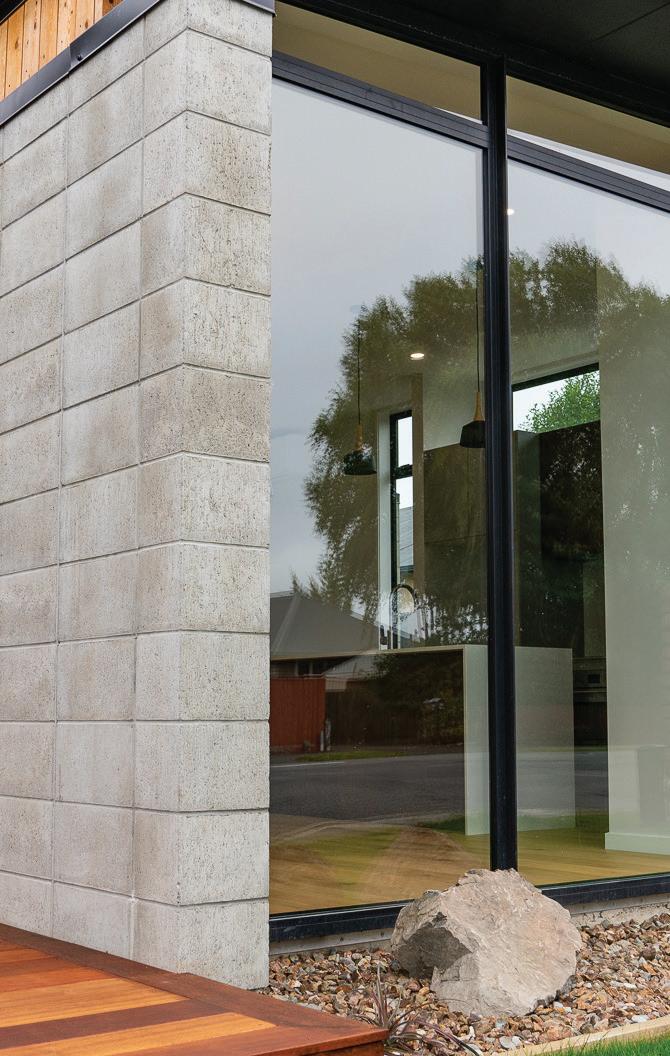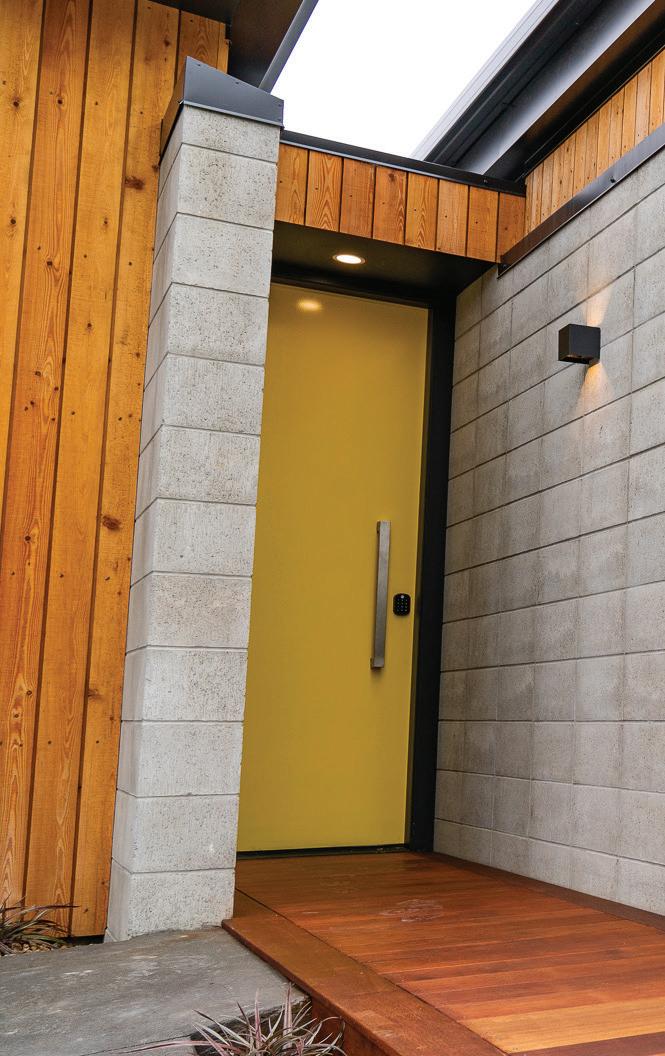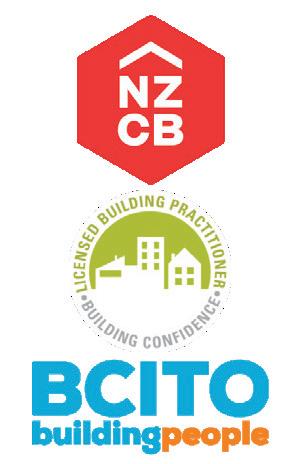










Local authorities (city, district and regional councils or unitary authorities) are the primary agents responsible for Civil Defence Emergency Management (CDEM).
Local authorities within a particular region come together to form a CDEM Group. In the case of unitary authorities, the unitary authority itself may form the CDEM Group.
As CDEM Groups, local authorities work with each other and with emergency services and other agencies to reduce risks, be ready for emergencies, respond when needed, and lead the recovery afterwards.
CDEM Groups are required to plan for and provide civil defence in their area by law - specifically the Civil Defence Emergency Management Act 2002 (or the CDEM Act).
The National Emergency Management Agency (NEMA) supports CDEM Groups in their planning and operations.
Important: NEMA doesn’t ‘manage’ regional CDEM Groups or local authorities - that is, CDEM Groups don’t report to NEMA. Rather, NEMA’s role is to provide advice and support, and develop plans and arrangements at the national level - with and across agencies.
The vast majority of emergencies are managed at the local level. This means the local council – or potentially other lead agencies, such as Police for an armed offender emergency – are in charge.
CDEM Groups, representing a collective of local councils and emergency services within a particular region, closely monitor local emergencies, and may assist, provide resources, or become the lead agency if the situation requires it.
www.getready.govt.nz
Kelvin Aldwin’s (Managing Director) experience includes being a board member of the NZHHA for 2 years. This, combined with his 20 years of experience in the building and construction trade, gives Kelvin a great understanding and knowledge, which means there are no limits to what you can achieve in your solid fuel heating project.

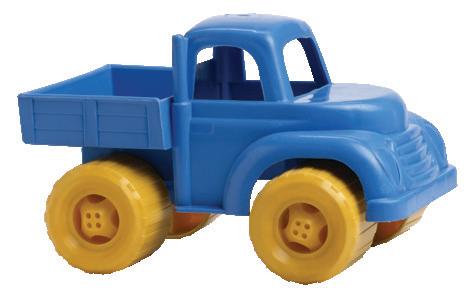
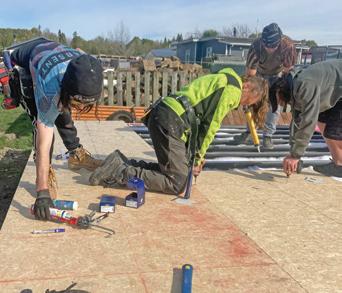

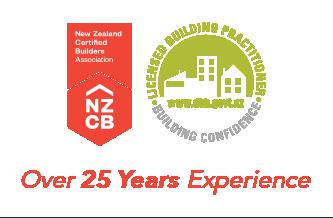



NoLimit makes the product consultation and install process more simple than ever. Your initial inquiry with Kelvin will ensure that the wood fire products accurately meet your heating needs and design demands all while staying within budget. Kelvin has an intimate understanding of all Canterbury regional council regulations too so you can be confident that all installation and maintenance work is compliant, working at optimum, and most
importantly that your family are warm and safe. Alongside your wood burner selection, NoLimit build customised hearth options to complement your decor and really make the fireplace a stunning feature in your home.
• Unable to get home
• Confined to your home
Any of these situations can cause stress and panic, but with a plan everyone involved will have a better idea on what to do and where to go.
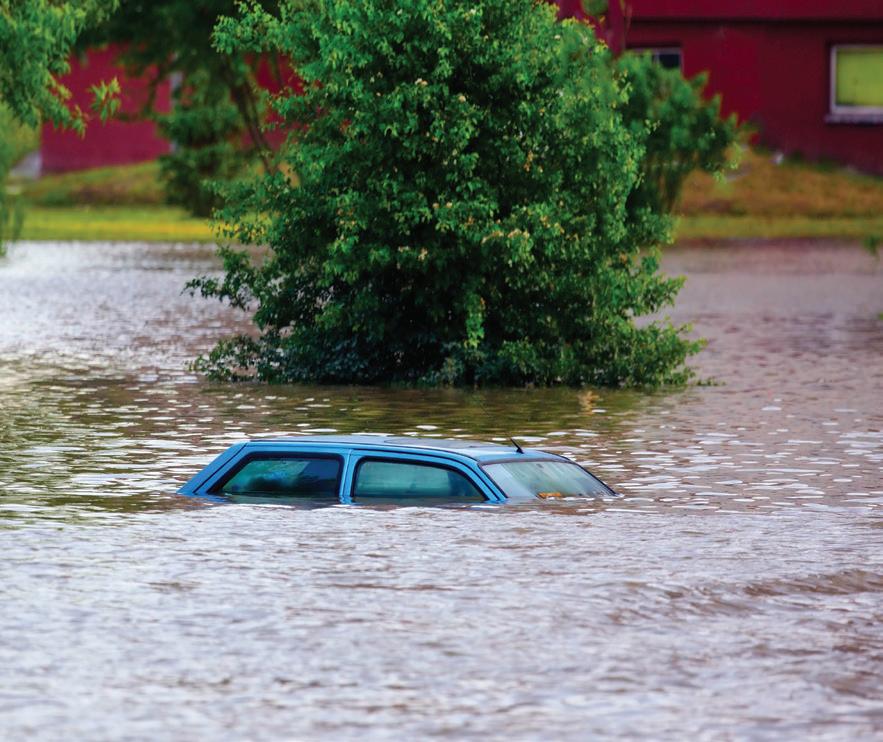
• Separated from family
• Forced to evacuate.
Talk to your children about your plan and involve them, that way they will remember.
Make a game out of rehearsing the plan, it will help to reassure them.
• How and where you will meet following an emergency
• Where emergency items are stored at home and who is responsible for them
• What actions to take around elderly relatives or vulnerable people in your neighbourhood
• Who will be picking up children from day care or school
• Pets and livestock
• Special medication or mobility aids
• How to turn off power, gas and water
• Local radio stations to listen to for information
• Important phone numbers, neighbours, trades people etc
• Location of the “Get Away Bag”
• Schools or early childhood centres will only release children to named adults on their system given to them by parents or approved caregivers.
Name: Contact Details:
Name: Contact Details:
Name: Contact Details:
Name: Contact Details:
Will anyone in your household need assistance to evacuate, or while stuck at home during an emergency? Does anyone rely on mobility or medical devices or other special equipment? Does anyone rely on prescription medicine? Do they have supplies to last three days or more or alternatives if power is not available?
Do you have nappies, formula, etc. to last three days or more if shops and roads are closed? Do you have supplies in a grab bag in case you need to leave in a hurry as well?
Your animals are your responsibility, so make sure you include them in your emergency planning. Do you have food and water to last three days or more? Do you have cages or carriers to transport them and keep them safe? Do you have someone to collect and look after your animals if you can’t get home?
Anyone else who might need help? Are there any friends, family or neighbours who might need your help to get through an emergency at home or to evacuate?
Name: Contact Details:
Name: Contact Details: Name: Contact Details:
Name: Contact Details:
Always dial 111 in an emergency. Think about your council’s emergency hotline, medical centre/doctor, landlord, insurance company, power company, day care/school, work and family members.
Name: Emergency Services Contact Details: 111
Name: Contact Details: Name: Contact Details: Name: Contact Details:
Our meeting place. Where will you meet if you can’t contact each other and are separated when an emergency occurs? How will you get there?
Add an address and instructions:
If you are not able to pick children up from school, day care, afterschool care, etc, who will? Do they know? Does the school / day care have their details?
Name: Contact Details:
Name: Contact Details: Name: Contact Details: Name: Contact Details:
Who will you check in with (someone out of town in case local phone lines are down)?
Name: Contact Details: Name: Contact Details: Name: Contact Details: Name: Contact Details:
How will you find the latest news/alerts? Which radio stations will you listen to? Which websites and social media pages will you check?
Radio station/website/social media channel: Radio station/website/social media channel: Radio station/website/social media channel: Radio station/website/social media channel:
Food and drink for three days or more (for everyone including babies and pets)? Torches, a radio, and batteries for both? First aid/medical supplies? They don’t all need to be in one big box, but you may have to find them in the dark.
Make detailed notes on where these items are stored:
Only turn these off if you suspect a leak or damaged lines or if you are instructed to do so by authorities. If you turn the gas off, you will need a professional to turn it back on.
Details on how to turn off the water, power and gas:
What will you need to do if there is no power?
How will you cook, stay warm, see at night (do not use candles as they are a fire hazard)? Do you have spare cash in case ATMs are not working? Do you have enough fuel in case petrol pumps are not working?)
Make notes on what your household needs to do:
What will you need to do if there is no water? Do you have enough drinking water stored (three litres per person per day for three days or more)? Do you have water for your pets? What will you cook and clean with? What will you use for a toilet?
Make notes on what your household needs to do:
Do we have grab bags? Does everyone have grab bags* in case you need to evacuate? At home, at work, in the car? * A small bag with warm clothes, a torch, radio, first aid kit, snack food and water.
Make detailed notes on where the grab bags are stored:
Where you will go in case you have to evacuate? How will you get there? If you live near the coast, make sure it is outside of all tsunami evacuation zones. Where will you stay if you can’t get back to your home?
Make detailed notes on where you will go and how you will get there:
Torch
Transistor
First aid kit and essential medicines
Blankets or sleeping bags
Non- perishable food (preferably canned food before dried food)
Hand sanitiser/toiletries
Infant’s / older persons’ needs
Emergency toilet - toilet paper and large rubbish bags (can be placed in toilet if sewerage system is not working)
Face and dust masks
Water: • At least 3 liters per person per day for drinking • For washing and cooking purposes
A primus or gas barbeque for cooking Can Opener
Store water in new food rated containers or fizz and juice bottles. DO NOT store water in milk bottles. Wash bottles thoroughly in hot water. Fill each bottle with tap water until it overflows. Store in a cool dark place and replace the water every 12 months. If uncertain before drinking, boil the water first, if unable to do so add the recommended dosage of aqua tabs or a small amount of household bleach (half teaspoon for 10 litres)
Note: Do not use scented bleach or ones that contain detergents
Torch and radio with spare batteries
Hearing aids and spare batteries, glasses or mobility aids
Water bottle and easy- to-carry food rations (muesli bars etc)
Extra supplies of special dietary items
Infant’s needs
Wind/waterproof clothing, walking shoes
Face and dust masks
Toiletries - towel, soap. toothbrush, sanitary items, toilet paper
Important documents: • Identification (copies of birth/marriage certificates/drivers licences and passports • Financial (copies of insurance policies numbers, Benefit details and mortgage details) • Copies of family photos etc
Light blanket Pet supplies
Take our Grab Bag
Tell someone where we are going & pin our plan to the front door
Turn off power and water if there is time
Take our pets

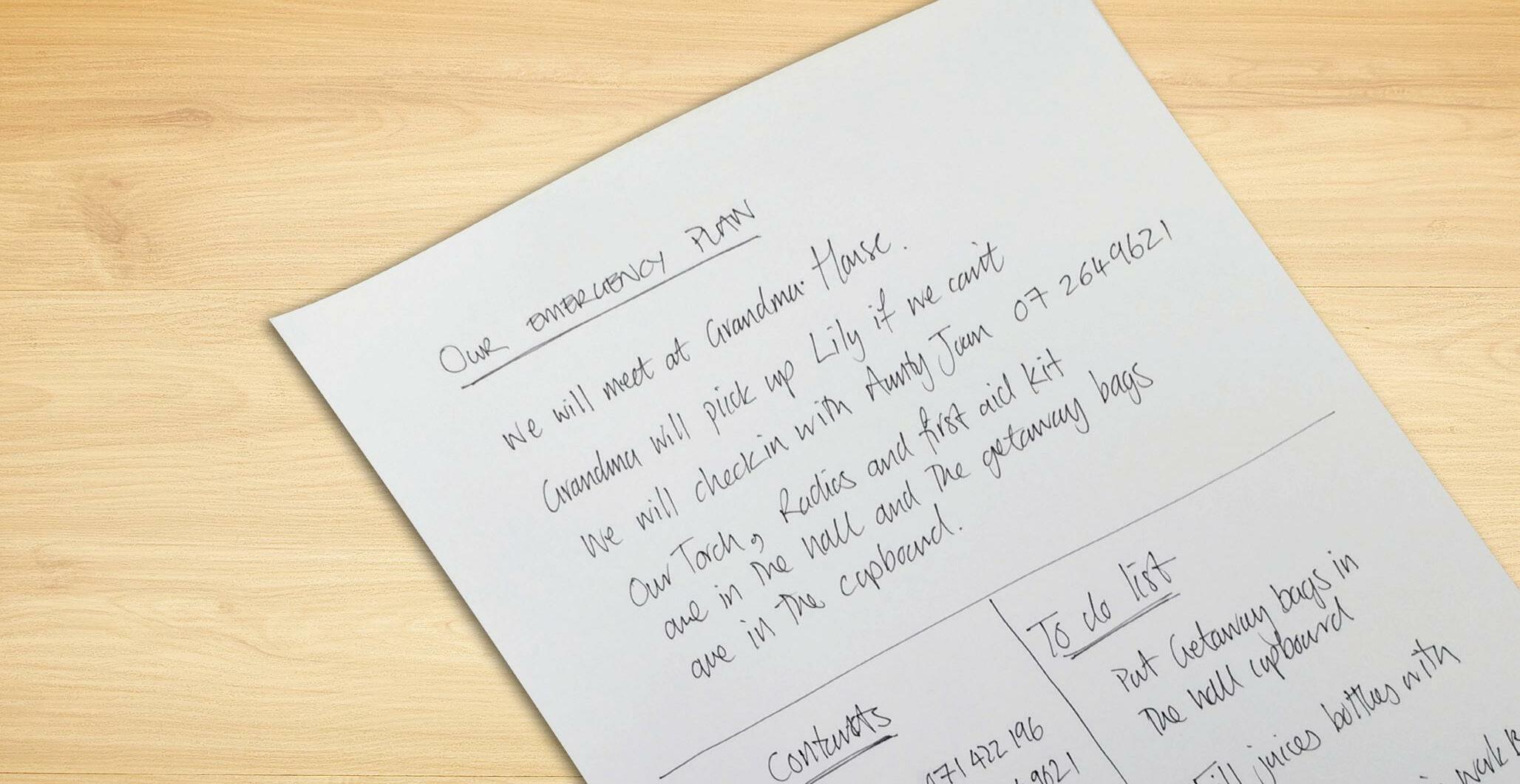
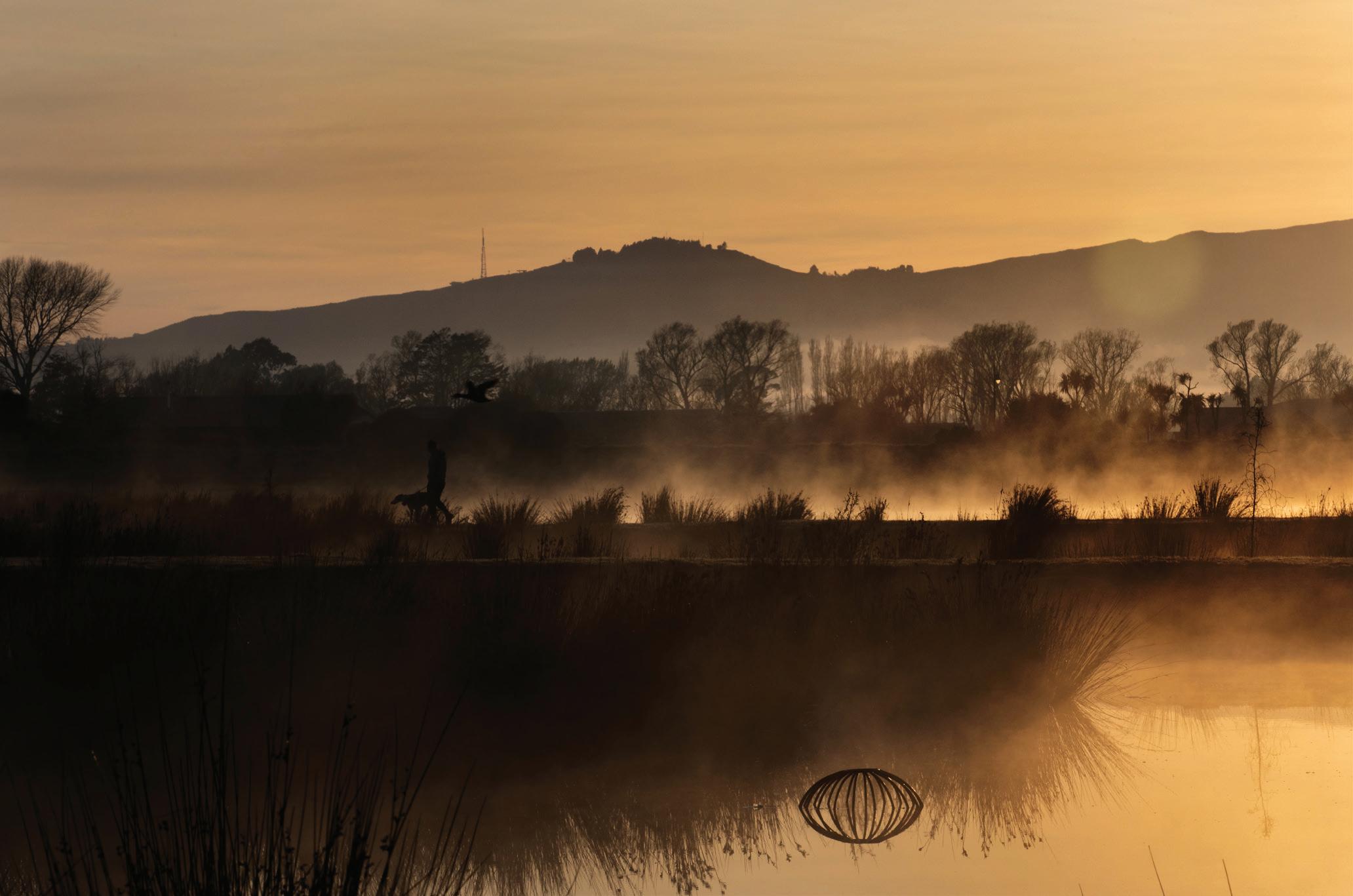
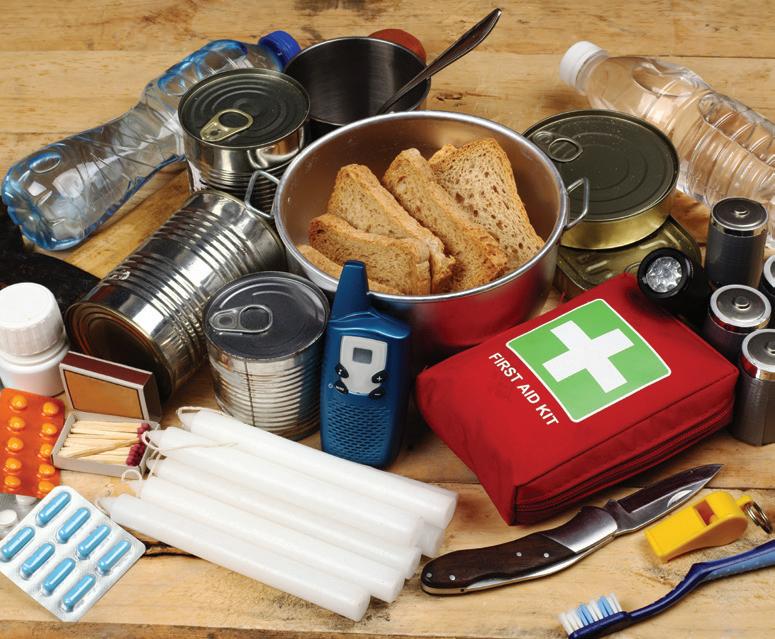

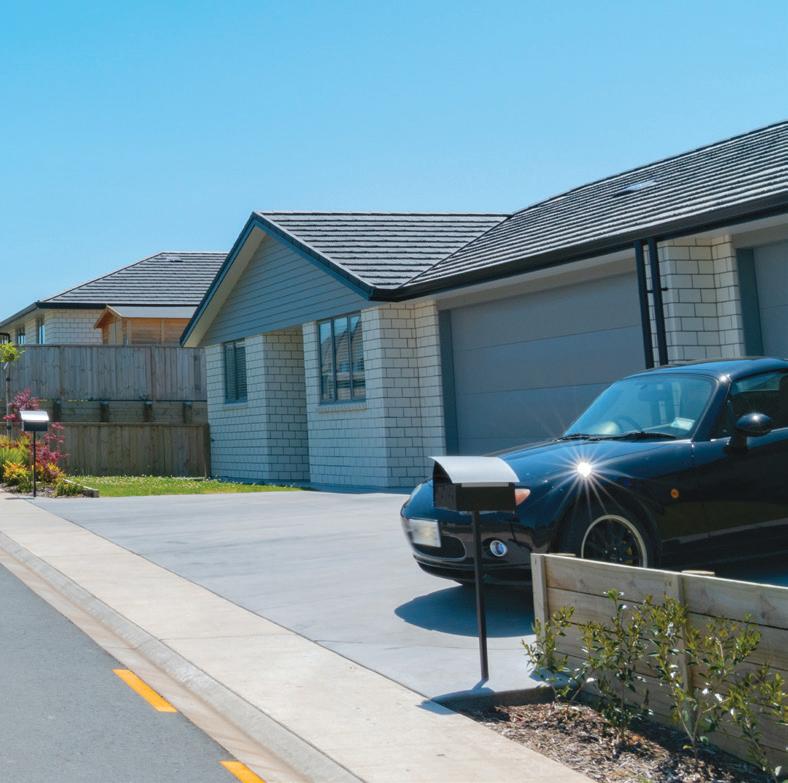



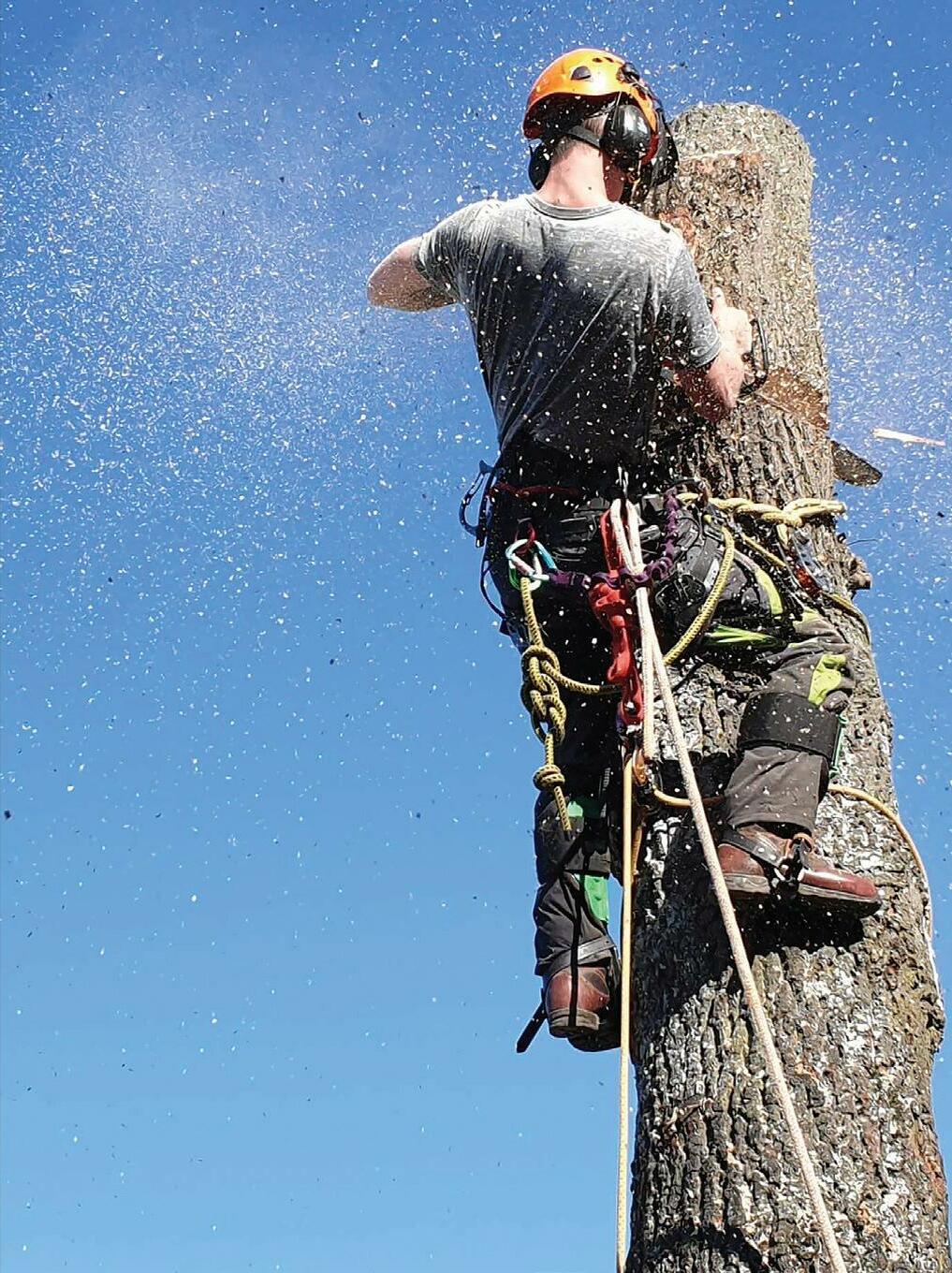

You will need three litres of water per person, per day for drinking, but also some for cooking, washing dishes and personal care.
Water storage containers can be purchased from most outlets but these can sometimes be heavy for smaller or older people. Try storing water in soft drink or juice bottles as they are more available, smaller and easier to handle.
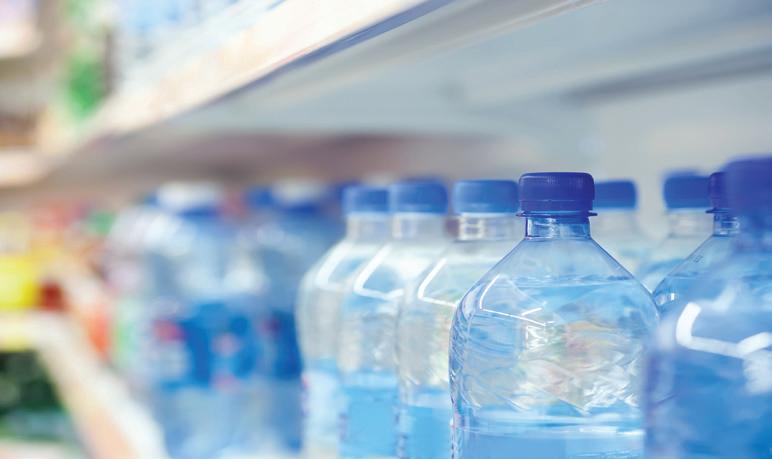
Wash bottles thoroughly in hot water, fill till over flowing and store in a cool dark place, replacing them every twelve months. We recommend you boil water before drinking. If unable to do so you can add household bleach to the water (1 x teaspoon per 10 litres of water) or the recommended dosage of aqua tabs. These are available at camping stores.
Note: Do not use scented bleach or brands that have detergents as an additive.
Do not store water in milk bottles. They can never be cleaned well enough and the milk will contaminate the water.
Ice cream containers can be filled with water and placed in the freezer. This will help keep the contents cool as well as act as an extra water supply.
Your hot water cylinder and toilet cistern can also be used for emergency water.
Do not use chemical cleaners in a toilet cistern if you want to use the water from it.
Rain water from the roof is OK as well, but should be boiled or treated before consuming.
If someone you care for is injured in a disaster, your knowledge of first aid will be invaluable.
Many organisations provide first aid training courses. Consider taking a first aid course, followed by regular refresher sessions.
Cost is always a concern when purchasing food for emergency use.
Try and buy an extra item or so each time you shop. Canned food is better as it requires less or no water. Purchase items with the furtherest use by date.
Check food dates every six months, use those items that are nearly due then replace them. Consider how you will heat your food if there is no power (barbecue, primus, fuel tabs).
You can buy ready-made first aid kits or make up your own.
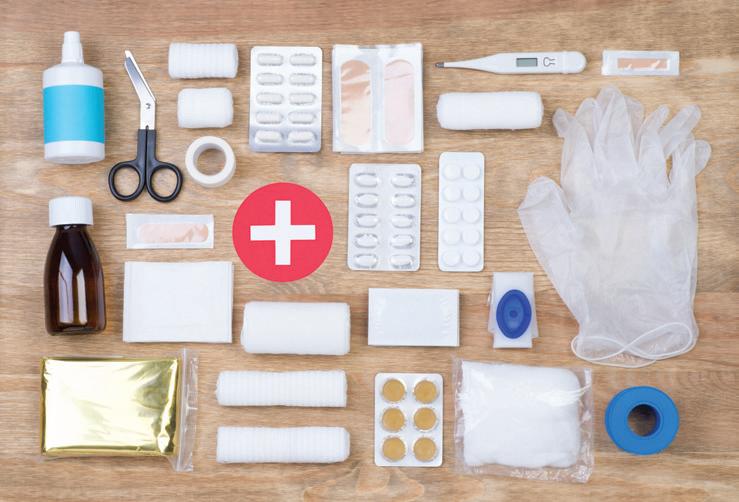

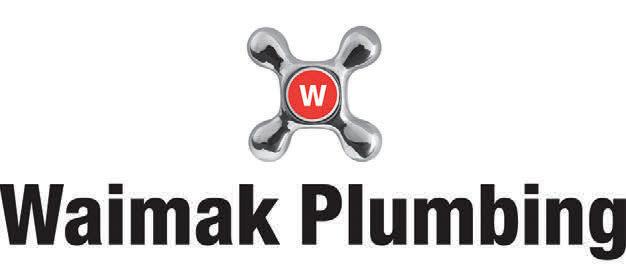
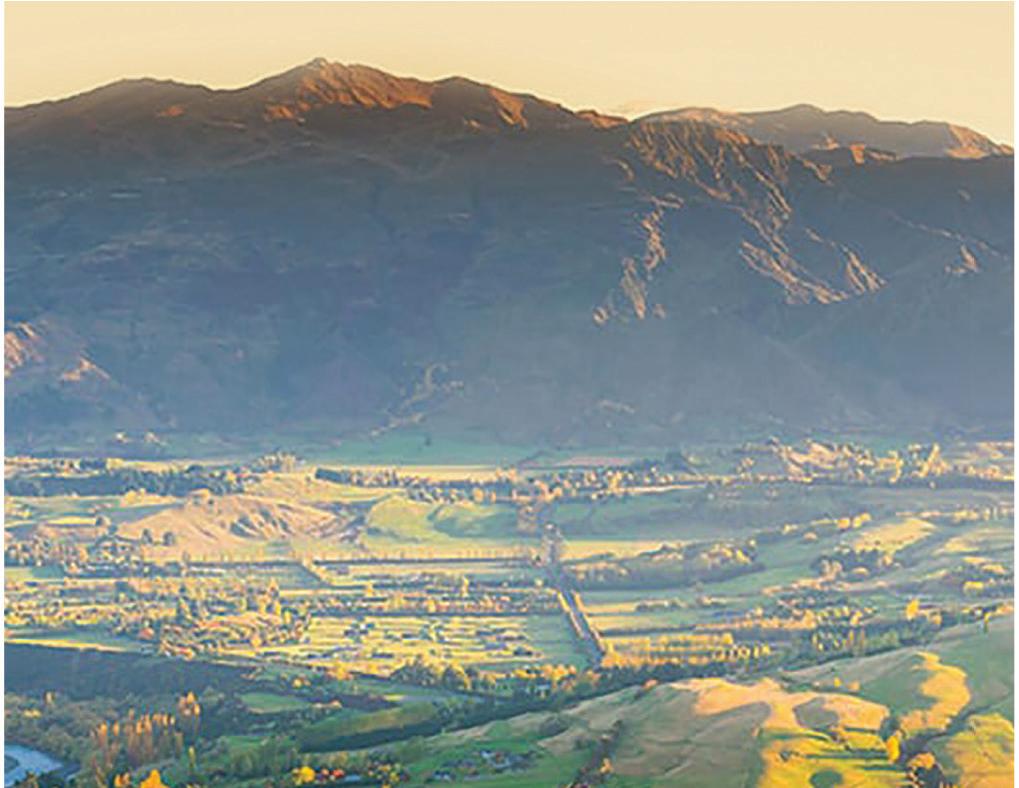

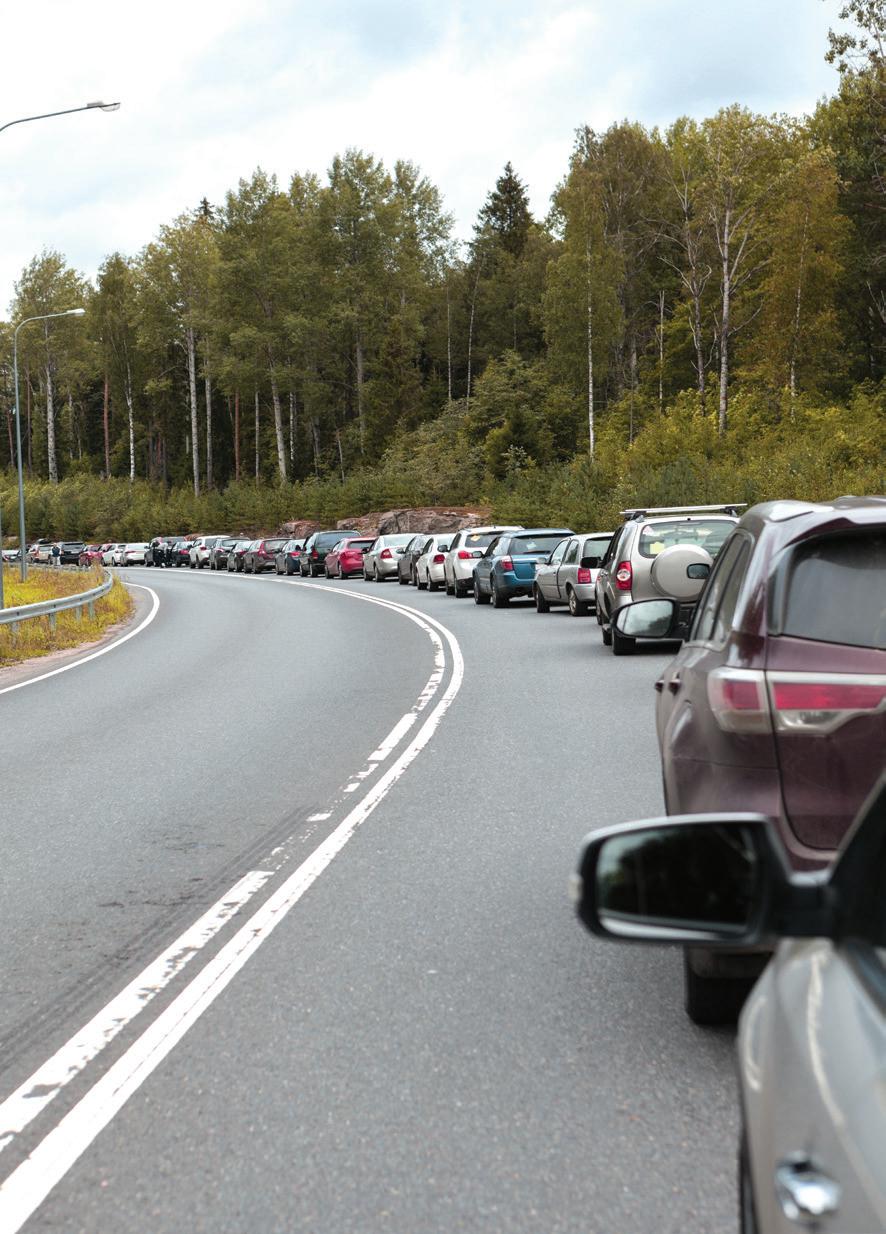
In situations where an event affects people’s safety in their home they may opt to self evacuate or authorities will advise on evacuating.
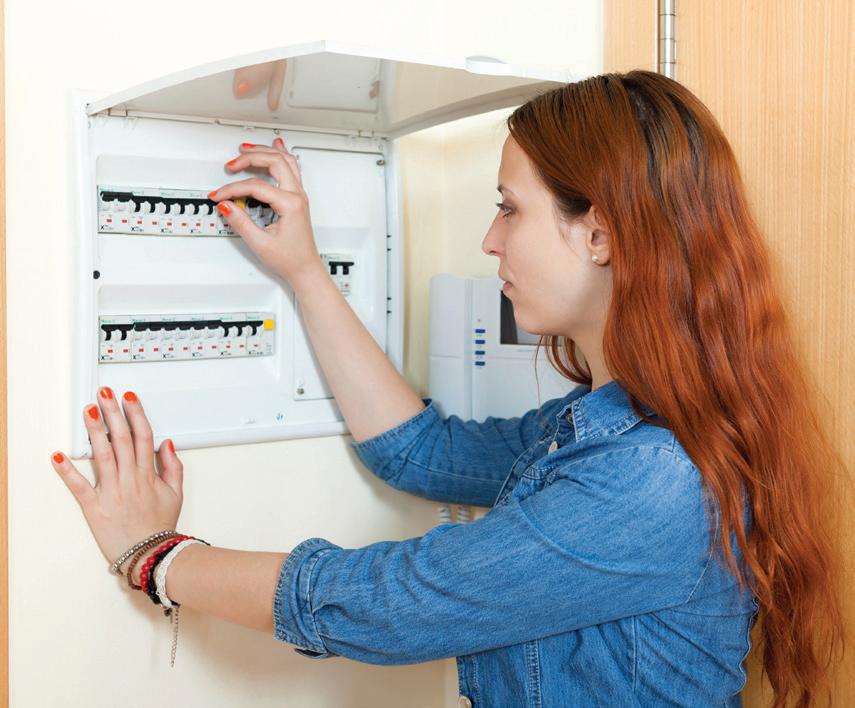
This process should be part of your plan. Pre-arrange with friends or family for you to stay with them over this period. If unable to, authorities will have alternative emergency shelter in place until either the event is over and it is safe to return home, or temporary accommodation can be arranged.
Put together an emergency getaway kit with a few basic requirements for being away from home. Have it available in a cupboard or laundry so it can be grabbed quickly. That way you’re not running around trying to find everything.
If you, or a member of your household or community has a disability or any special requirement that may affect their ability to cope in a disaster, make arrangements now to get the support needed.
• Organise a personal support network of a minimum of three people to alert you to Civil Defence warnings, or to help if you need to be evacuated. This could be family members, carers, friends, neighbours or co-workers
• Ensure you have an emergency plan before a disaster happens and practise it with your support network
• Plan for various disasters and situations you could encounter
• Discuss your needs with the support network and make sure everyone knows how to operate necessary equipment
• Inform your personal support network if you are travelling or away from home.
• Ensure you have emergency survival items, including any specialised items you need, and an emergency getaway kit in case of evacuation
• Keep at least seven days supply of your essential medications and make provisions
for those that require refrigeration - talk to your doctor or chemist about your medication
• Wear a medical alert tag or bracelet to identify your disability or health condition
• When travelling let a hotel or motel manager know of your requirements in case of an emergency
• Know where to go for assistance if you are dependent on a dialysis machine or other life-sustaining equipment or treatment.
Radio and television stations will broadcast Civil Defence information and advice before and during a disaster. Ask your support network to alert you to warnings and keep you informed. Contact the emergency management staff at your local council to find out what local warning systems are in place in your community.
Consider installing a system appropriate to your needs such as an alarm with flashing strobe lights to get your attention. Replace the batteries once a year. You may want to consider giving a key to a neighbour so they can alert you to a warning. Keep a writing pad and pencils and a torch in your emergency getaway kit so you can communicate with others.
People with asthma or a respiratory disorder will be more susceptible to dust, volcanic ash, or the stress of an emergency. Make sure you have dust masks at home and in your emergency getaway kit and sufficient medicines for at least seven days.
If you or someone you are caring for has a physical disability or difficulty with mobility, include mobility aids in the emergency getaway kit. This will help in the event of an evacuation.
In a major earthquake the ground-shaking will make it difficult or impossible for you to move any distance. If you cannot safely get under a table, move near an inside wall of the building away from windows and tall items that can fall on you, and cover your head and neck as best you can.
Lock your wheels if you are in a wheelchair. In bed, pull the sheets and blankets over you and use your pillow to protect your head and neck.
People who are blind or partially sighted may have to depend on others if they have to evacuate or go to an unfamiliar Civil Defence centre.
If you have a guide dog, make sure you have an emergency getaway kit for your dog with food, medications, vaccination records, identification and harnesses to take with you.
Keep extra canes at home and in the workplace even if you use a guide dog. Be aware that animals may become confused or disoriented in an emergency. Trained service animals will be allowed to stay in emergency shelters with their owners.
Check with your local council for more information.
If you, or someone you are caring for, has special dietary needs, make sure there is sufficient stock of these food items for at least seven days at home, and in the emergency getaway kit.
If you have to be evacuated, emergency shelters are unlikely to have the special food items you may need.



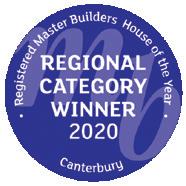



If you have pets, domestic animals or livestock, include them in your emergency planning.
• Attach a permanent disc to your pet’s collar that clearly states your phone number, name and address. Microchip your pets.
• Ensure you have a carry box, towel or blanket, emergency food, and a lead and muzzle as part of your pet’s emergency getaway kit. Put your name, phone number and address on the box.
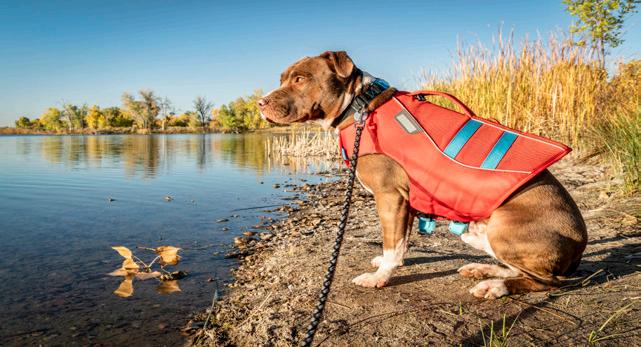
• In the event of an evacuation take your pets with you if you can safely do so. Take their vaccination records and essential medications with you as this will help your pet be re-housed if necessary.
• Community Emergency Response Centres will normally have an area allocated for pets but they are the owners responsibility. Only pets that have an official disability assist tag are permitted inside the response centre.
• Make in-case-of-evacuation arrangements with friends or relatives outside your neighbourhood or area.
• Keep a list of “pet-friendly” hotels and motels and their contact details in case you have to evacuate your home or neighbourhood.
• If you have domestic animals (such as horses, pigs or poultry) or livestock, know which paddocks are safe to move livestock away from flood-waters, landslides and power lines. In the event of an evacuation, ensure you have a plan in place so that they will be secure and have food, water and shelter. The responsibility for animal welfare remains with the owner.
• Check with your council about local arrangements for assisting with domestic animal issues.
In some emergency situations the water supply may be cut off, or water and sewage lines may be damaged, and you may need to use improvised emergency toilets.
How to make an emergency toilet:
• Use watertight containers such as a rubbish bin or bucket, with a snugfitting cover
• If the container is small, keep a large container with a snug-fitting cover available for waste disposal
• Line bins with plastic bags if possible
• Pour or sprinkle a small amount of regular household disinfectant such as chlorine bleach into the container each time the toilet is used to reduce odour and germs. Keep the toilet covered
• If your toilet is intact, put a bag liner inside.
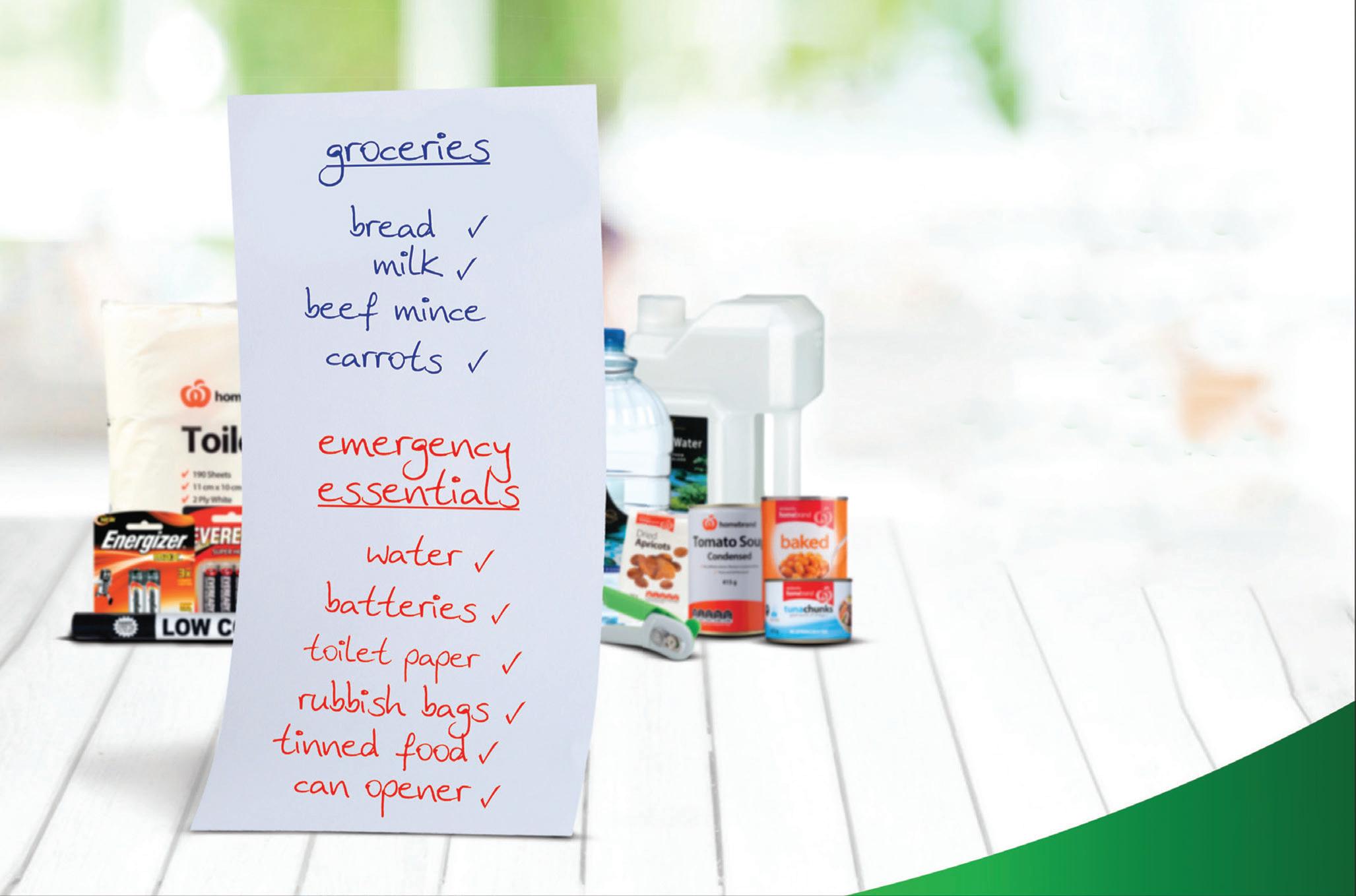

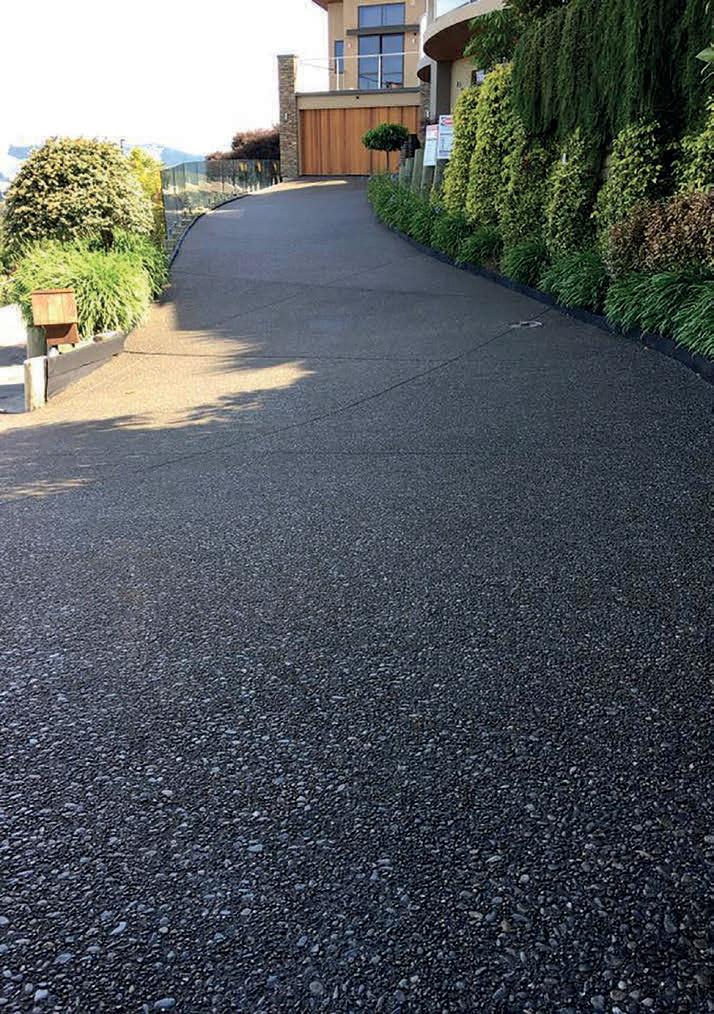


Plan ahead for what you will do if you are in your car when a disaster strikes. In some emergencies you may be stranded in your vehicle for some time. A flood, snow storm or major traffic accident could make it impossible to proceed.
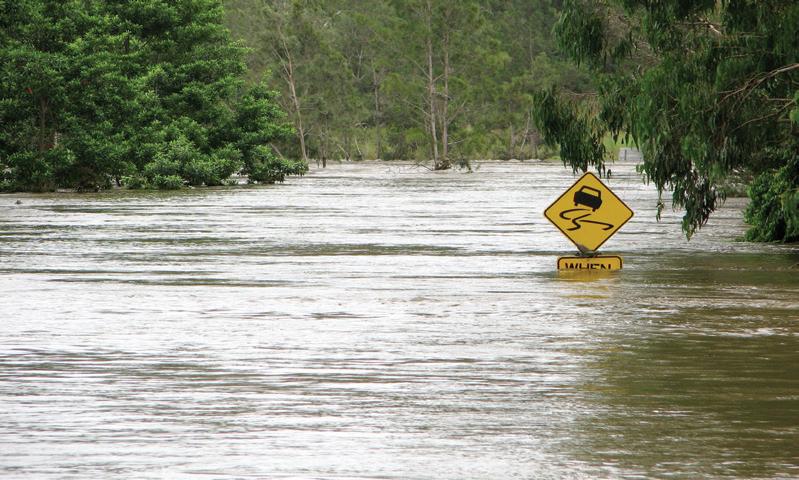
• Consider having essential emergency survival items in your car. If you are driving in extreme winter conditions, add windshield scrapers, brush, shovel, tire chains and warm clothing to your emergency kit.
• Store a pair of walking shoes, waterproof jacket, essential medicines, snack food, water and a torch in your car.
• Don’t keep your emergency getaway kit in the car as it might not be there when you need it. Have some basic supplies in your car instead.
• When planning travel, keep up to date with weather and roading information.
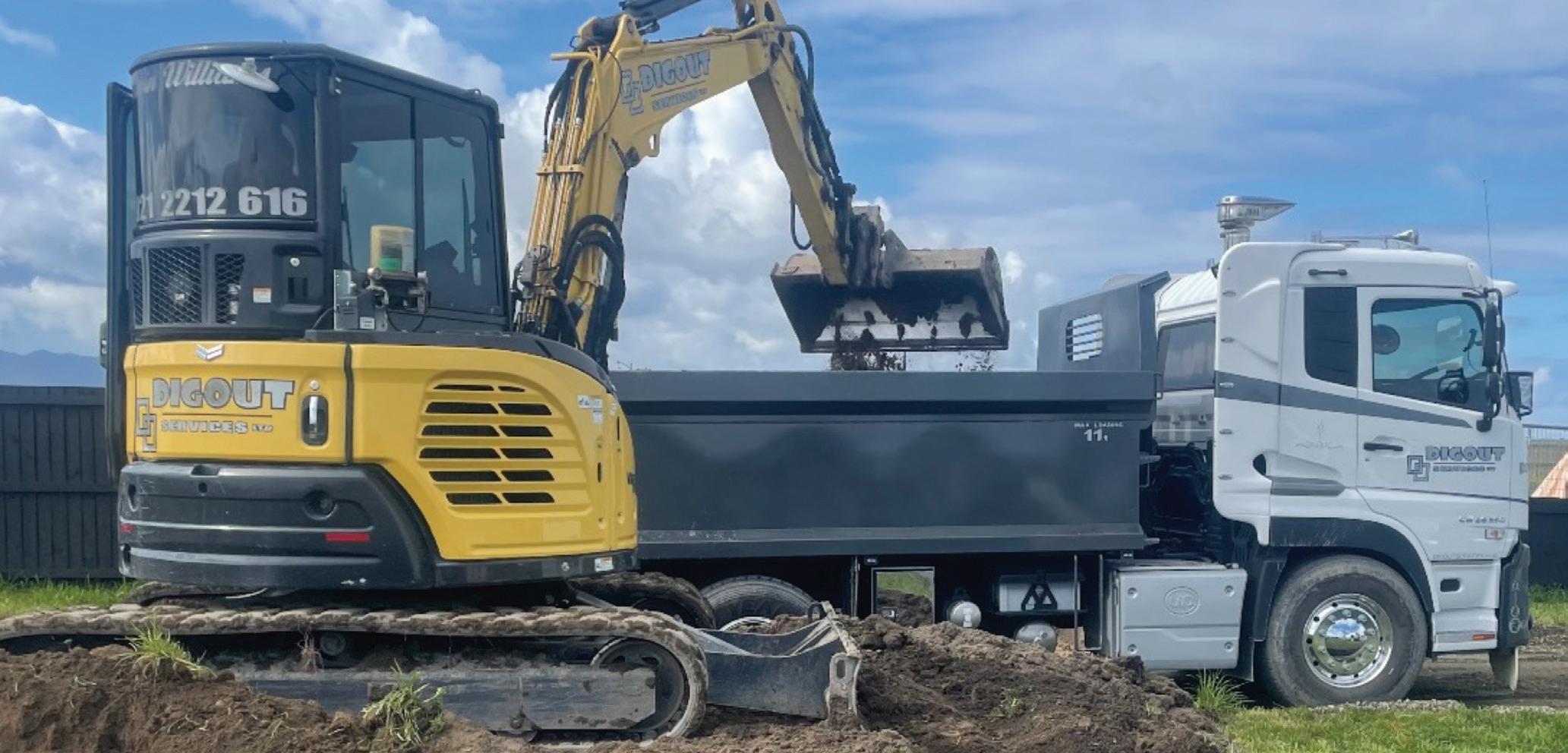

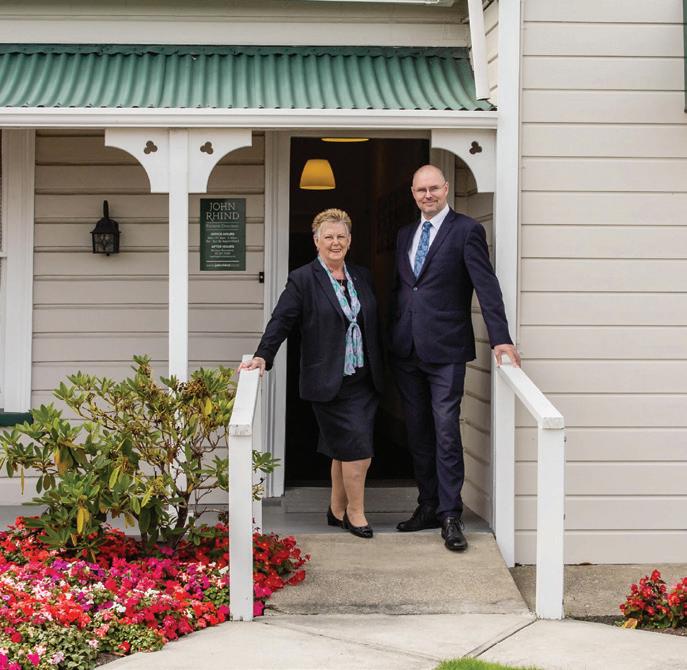

The primary responsibility for Civil Defence Emergency Management (CDEM) at a local level rests with your local council. Local and regional councils work with emergency services (police, fire, ambulance) and other relevant agencies to plan for, and respond to disaster events.
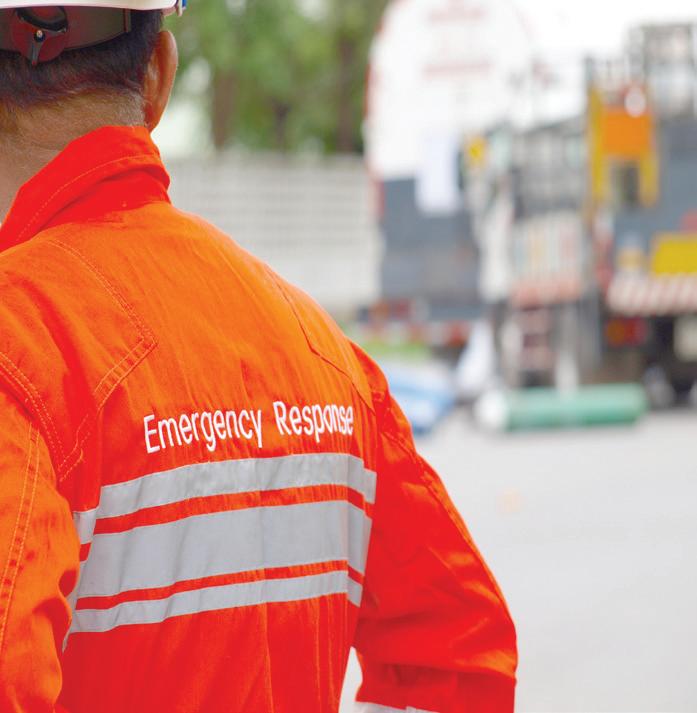
CDEM groups are the consortium of local councils and agencies in each region and they have a responsibility to plan for, and manage regional hazards and risks.
Contact the Civil Defence emergency management office at your nearest local council for information on local hazards and community response arrangements.
During a disaster event, telephone lines need to be kept clear for emergency calls to get through so please avoid making calls unless absolutely urgent.
If life or property is threatened always dial 111 for Police, Fire or Ambulance.

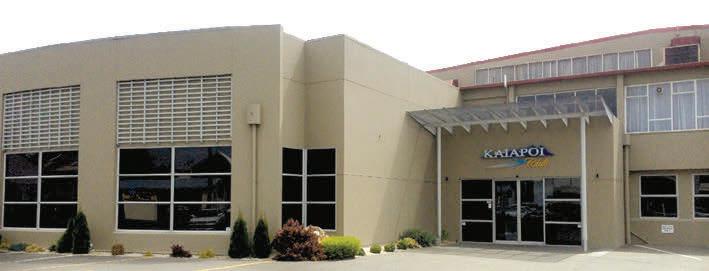

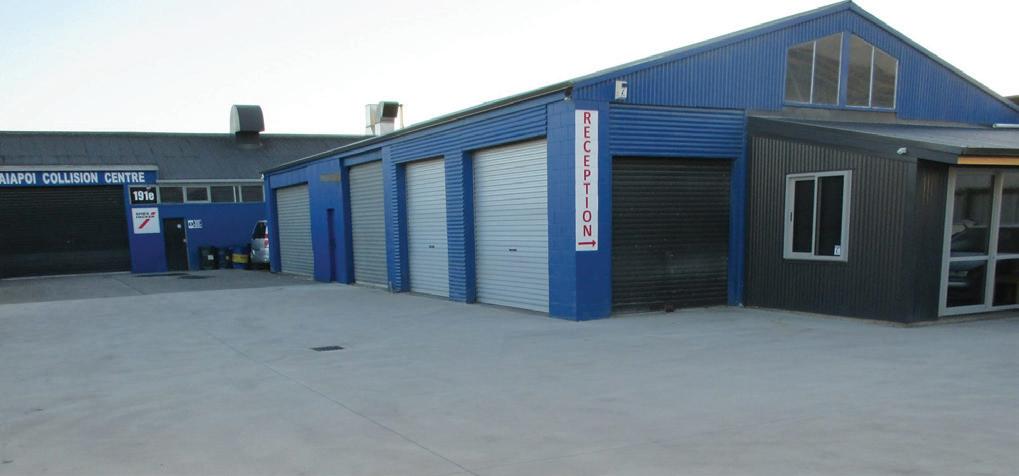
To
New Zealand lies on the boundary of the Pacific and Australian tectonic plates. Most earthquakes occur at faults, which are breaks extending deep within the earth, caused by movements of these plates. There are thousands of earthquakes in New Zealand every year, but most of them are not felt
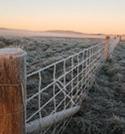
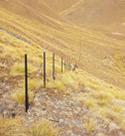
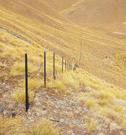
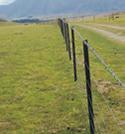
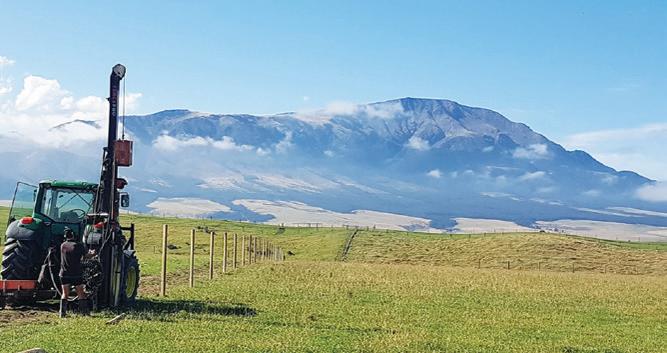
because they are either small, or very deep within the earth.
Each year there are about 150 – 200 quakes that are big enough to be felt. A large, damaging earthquake could occur at any time, and can be followed by aftershocks that continue for days or weeks.
Most earthquake-related injuries and deaths result from falling debris, flying glass and collapsing structures such as buildings and bridges. Earthquakes can also trigger landslides, avalanches, flash floods, fires and tsunami.
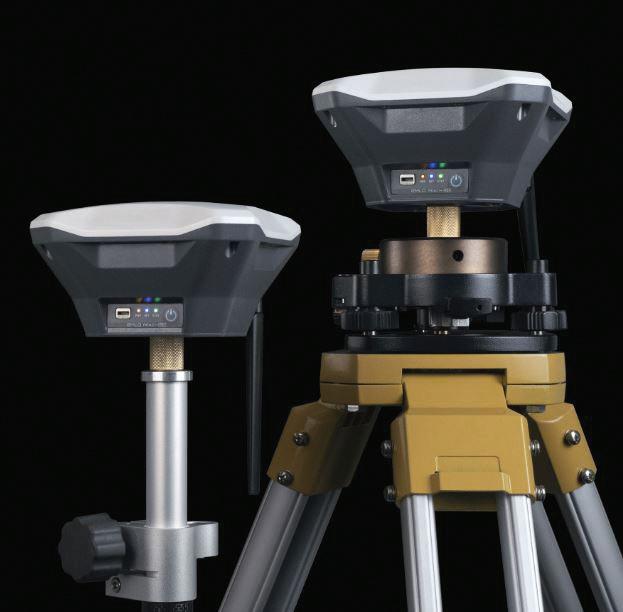



• Develop a Household Emergency Plan. Assemble and maintain your emergency survival Items for your home and workplace, as well as a portable emergency getaway kit
• Practise Drop, Cover and Hold
• Identify safe places within your home, school or workplace.
A safe place is:
• Somewhere close to you, no more than a few steps or less than three metres away, to avoid injury from lying debris


• Under a strong table (hold on to the table legs to keep it from moving away from you)
• Next to an interior wall, away from windows and tall furniture that can fall on you (protect your head and neck with your arms)
• Keep in mind that in modern homes, doorways are no stronger than any other part of the structure and usually have doors that can swing and injure you
• Check your household insurance policy for cover and amount
• Seek qualified advice to make sure your house is secured to its foundations and ensure any renovations comply with the New Zealand Building Code
• Secure heavy items of furniture to the floor or wall.
• If you are inside a building, move no more than a few steps, and drop, cover and hold.
• Stay indoors till the shaking stops and you are sure it is safe to exit. In most buildings in New Zealand you are safer if you stay where you are until the shaking stops. Visit: www.eqc.govt.nz/be-prepared to find out how to quake-safe your home.
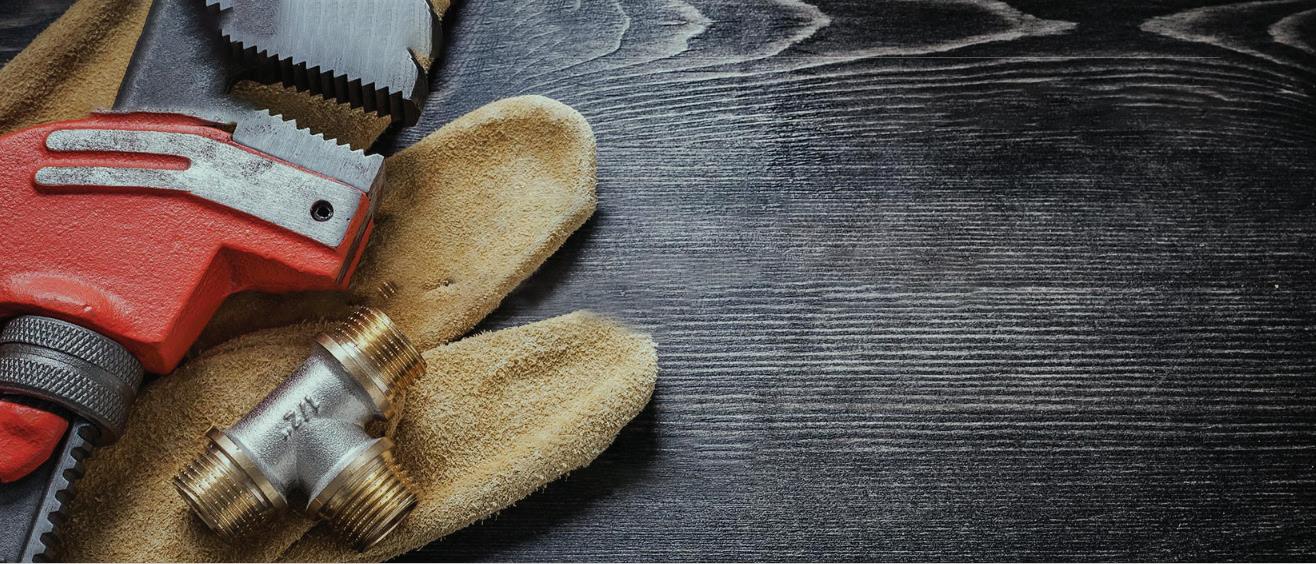
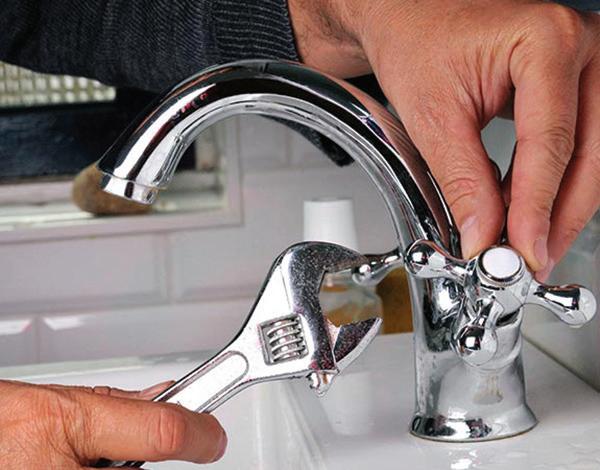
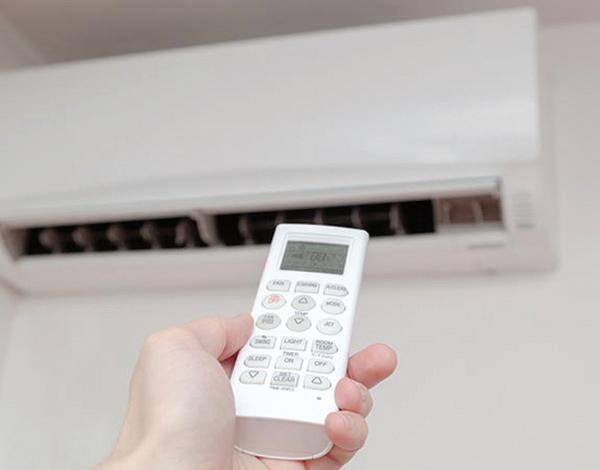
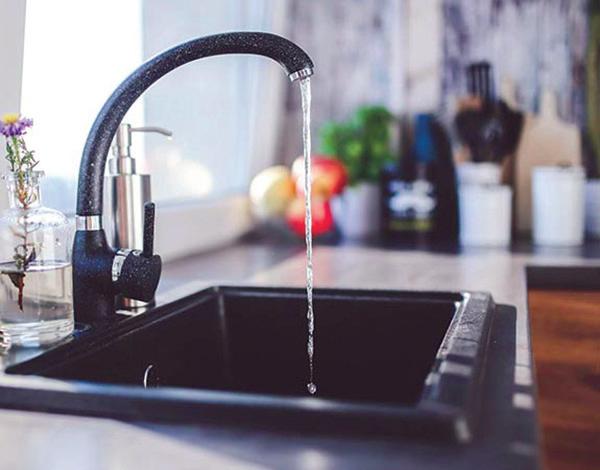

• If you are inside a building, move no more than a few steps, and drop, cover and hold. Stay indoors till the shaking stops and you are sure it is safe to exit. In most buildings in New Zealand you are safer if you stay where you are until the shaking stops
• If you are in an elevator, drop, cover and hold. When the shaking stops, try to get out at the nearest floor if you can safely do so
• If you are outside, move no more than a few steps away from buildings, trees, street lights and power lines, then drop, cover and hold
• If you are at the beach or near the coast, drop, cover and hold, then move to higher ground immediately in case a tsunami follows the quake
• If you are driving, pull over to a clear location, stop and stay there with your seatbelt fastened until the shaking stops. Once the shaking stops, proceed with caution and avoid bridges or ramps that might have been damaged
• If you are in a mountainous area or near unstable slopes or cliffs, be alert of falling debris or landslides
• If you have limited mobility, cover your head with a pillow or cushion, or with your arms or hands as best you can. The most important thing is to protect you head.
• Check yourself for injuries and get first aid if necessary. Help others if you can
• Do not run outside. It is frightening to stay in a building immediately after an earthquake but it is much safer than immediately going outside. An earthquake is not like a fire. You do not have to evacuate a building straight away unless it is showing obvious signs of distress
• Watch out for fallen power lines or broken gas lines, and stay out of damaged areas
• If you smell gas or hear a blowing or hissing noise, open a window, get everyone out quickly and turn off the gas if you can. If you see sparks, broken wires or evidence of electrical system damage, turn off the electricity at the main fuse box if it is safe to do so
• Be aware that electricity supply could be cut, and fire alarms and sprinkler systems can go off in buildings during an earthquake even if there is no fire. Check for, and extinguish, small fires
• Listen to your local radio stations as emergency management officials will be broadcasting the most appropriate advice for your community and situation
• Keep your animals under your direct control as they can become disoriented. Take measures to protect your animals from hazards, and to protect other people from your animals
• Only use the phone for short essential calls to keep the lines clear for emergency calls
• If your property is damaged, take notes and photographs for insurance purposes. If you rent your property, contact your landlord and your contents insurance company as soon as possible
• Expect to feel aftershocks.
New Zealand’s entire coast is at risk of tsunami. A tsunami can violently flood coastlines, causing devastating property damage, injuries and loss of life.
A tsunami is a natural phenomenon consisting of a series of waves or tidal surges generated when a large volume of water in the sea, or in a lake, is rapidly displaced. A tsunami can be caused by a large submarine or coastal earthquakes; underwater landslides which may be triggered by an earthquake or volcanic activity; large coastal cliff or lakeside landslides; or volcanic eruptions beneath or near the sea.
For a local source tsunami which could arrive in minutes there won’t be time for an official warning. It is important to recognise the natural warning signs and act quickly. When there is time, official warnings through the National Emergency Management Agency will be made through multiple channels including: radio, television, websites and social media.
If you are in a tsunami hazard area or by the beach it is important to remember the saying, If the earthquake is long OR strong, get gone.
You may receive warnings from friends, other members of the public, international media and from the internet, radio or websites. Verify the warning only if you can do so quickly. If official warnings are available, trust their message over informal warnings.
• Distant tsunami are generated from a long way away, such as from across the Pacific in Chile. In this case, we will have more than three hours warning time for New Zealand and we will have time to issue official warning messages
• Regional tsunami are generated between one and three hours travel time away from their destination. An eruption from an underwater volcano in the Kermadec Trench to the north of New Zealand could generate a regional tsunami. We will have time to issue official warning messages
• Local tsunami are generated very close to New Zealand. In this case, we probably won’t have time to issue an official warning, so people in coastal areas need to take immediate action. Remember — Long OR Strong, Get Gone.
If you are near a shore and experience any of the following, take action. Do not wait for official warnings.
• Feel a strong earthquake that makes it hard to stand or a long earthquake that lasts more than a minute
• See a sudden rise or fall in sea level
• Hear loud or unusual noises from the sea
Drop, Cover and Hold during the shaking. As soon as the shaking stops, move immediately to the nearest high ground, out of all tsunami evacuation zones, or as far inland as you can. Remember, Long OR Strong, Get Gone.
• Know your tsunami evacuation zones. Make sure you know where to go, whether you are at home, at work or on holiday
• If you live in a coastal area, ask your council about your tsunami risk and local warning arrangements
• If you have a disability or special requirements, arrange with your support network to alert you of any warnings and emergency broadcasts
• Develop a household emergency plan and have an emergency getaway kit ready
• Move immediately to the nearest high ground, out of all tsunami evacuation zones, or as far inland as you can.
• Take your emergency getaway kit with you if possible. Do not travel into the areas at risk to get your emergency getaway kit or belongings
• Take your pets with you if you can do so safely
• Move immediately to the nearest high ground, out of all tsunami evacuation zones, or as far inland as you can
• Walk or bike if possible and drive only if essential. If driving, keep going once you are well outside the evacuation zone to allow room for others behind you. If you are driving when evacuating do not put yourself or you family at risk by driving dangerously. Obey speed limits and road signs. Watch out for other vehicles, people walking or biking
• Boats are usually safer in water deeper than 20 metres than if they are on the shore. Do not attempt to go to the shore to move boats
• Never go to the shore to watch for a tsunami. Stay away from at-risk areas until the official all-clear is given
• Listen to your local radio stations or monitor the Council’s website or Facebook page, as emergency management officials will be broadcasting the most appropriate advice for your community and situation.
• Continue to listen to the radio for Civil Defence advice and do not return to the evacuation zones until authorities have given the all-clear
• Be aware that there may be more than one wave and it may not be safe for up to 24 hours, or longer. The waves that follow the first one may also be bigger
• Check yourself for injuries and get first aid if needed. Help others if you can
• Do not go sightseeing
• When re-entering homes or buildings, use extreme caution as flood waters may have damaged buildings. Look for, and report, broken utility lines to appropriate authorities
• If your property is damaged, take notes and photographs for insurance purposes. If you rent your property, contact your landlord and your contents insurance company as soon as possible.

Floods are New Zealand’s number one hazard in terms of frequency, losses and declared Civil Defence emergencies. Floods can cause injury and loss of life, damage to property and infrastructure, loss of stock, and contamination of water and land.
Floods are usually caused by continuous heavy rain or thunderstorms but can also result from tsunami and coastal storm inundation.
• Find out from your local council if your home or business is at risk from flooding. Ask about evacuation plans and local public alerting systems; how you can reduce the risk of future flooding to your home or business; and what to do with your pets and livestock if you have to evacuate

• Know where the closest high ground is and how to get there
• Develop a household emergency plan. Assemble and maintain your emergency survival items for your home as well as a portable emergency getaway kit
• Check your insurance policy to ensure you have sufficient cover.

• Listen to your local radio stations as emergency management officials will be broadcasting the most appropriate advice for your community and situation
• If you have a disability or need support, make contact with your support network
• Put your household emergency plan into action and check your emergency getaway kit. Be prepared to evacuate quickly if it becomes necessary
• Where possible, move pets inside or to a safe place, and move stock to higher ground
• Consider using sandbags to keep water away from your home
• Lift valuable household items and chemicals as high above the floor as possible
• Turn off utilities if told to do so by authorities as it can help prevent damage to your home or community. Unplug small appliances to avoid damage from power surges
• Never try to walk, swim or drive through flood water. Many flood fatalities are caused by people attempting to drive through water.

Getting ready before a flood strikes will help reduce damage to your home and business and help you survive.
• It may not be safe to return home even when the flood waters have receded. Continue to listen to your local radio station for Civil Defence instructions
• Help others if you can, especially people who may require special assistance
• Throw away food including canned goods and water that has been contaminated by flood water
• Avoid drinking or preparing food with tap water until you are certain it is not contaminated
• If in doubt, check with your local council or public health authority
• Look for and report broken utility lines to appropriate authorities
• If your property is damaged, take notes and photographs for insurance purposes. If you rent your property, contact your landlord and your contents insurance company as soon as possible.
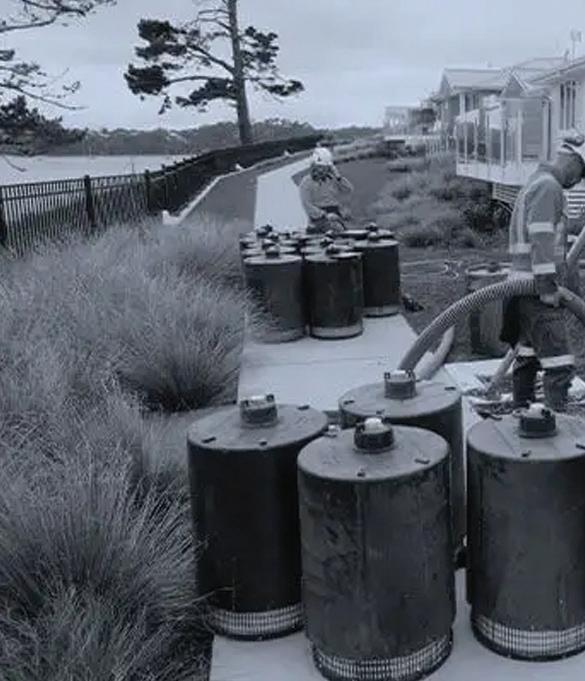

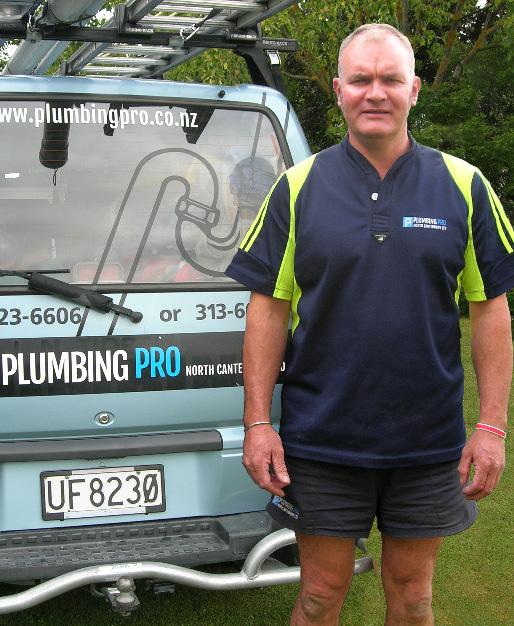
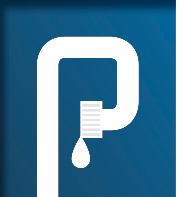
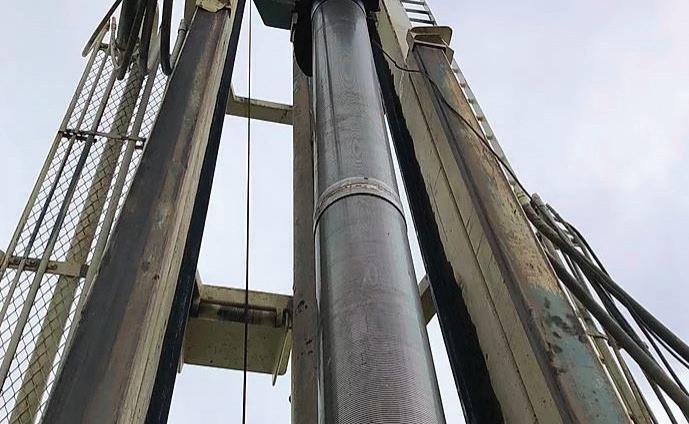
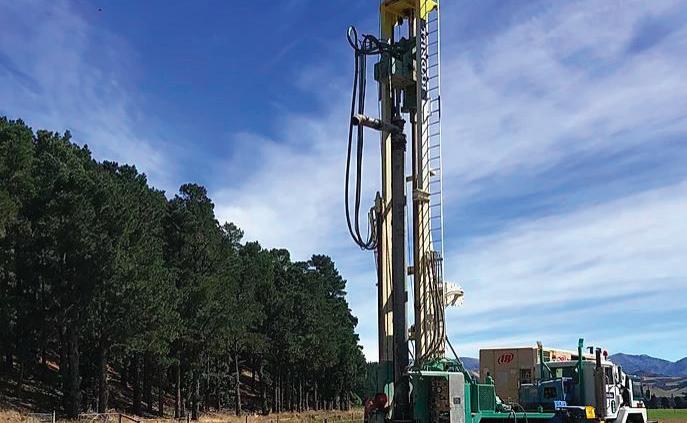


Major storms affect wide areas and can be accompanied by strong winds, heavy rain or snowfall, thunder, lightning, tornadoes and rough seas. They can cause damage to property and infrastructure, affect crops and livestock, disrupt essential services, and cause coastal inundation.

Severe weather watches and warnings are available, issued by MetService and available through the broadcast media, by email alerts, Mobile App alerts (i.e. Hazard Red Cross) and at www.metservice.com.
• Develop a household emergency plan. Assemble and maintain your emergency survival items for your home as well as a portable emergency getaway kit if you have to evacuate
• Prepare your property for high winds. Secure large, heavy objects or remove any item which can become a deadly or damaging missile. Get your roof checked regularly to make sure it is secure. List items that may need to be secured or moved indoors when strong winds are forecast
• Keep materials at hand for repairing windows, such as tarpaulins, boards and duct tape
• If you are renovating or building, make sure all work complies with the New Zealand Building
• Stay informed on weather updates. Listen to your local radio stations or monitor the Council’s website or Facebook page, as emergency management officials will be broadcasting the most appropriate advice for your community and situation
• Put your household emergency plan into action and check your emergency getaway kit in case you have to leave in a hurry
• Secure, or move indoors, all items that could get blown about and cause harm in strong winds
• Close windows, external and internal doors. Pull curtains and drapes over unprotected glass areas to prevent injury from shattered or flying glass
• If the wind becomes destructive, stay away from doors and windows and shelter further inside the house
• Avoid bathtubs, water taps, and sinks because metal pipes and plumbing can conduct electricity if struck by lightning. Use your water from your emergency supplies.
• Avoid driving unless absolutely necessary. Don’t walk around outside
• Power cuts are possible in severe weather. Unplug small appliances which may be affected by electrical power surges. If power is lost, unplug major appliances to reduce the power surge and possible damage when power is restored
• Bring pets inside. Move stock to shelter. If you have to evacuate, take your pets with you.




Code, which has specific standards to minimise storm damage
• If farming, know which paddocks are safe to move livestock away from flood waters, landslides and power lines.
In a snowstorm, the primary concerns are the potential loss of heat, power and telephone services, and a shortage of supplies if storm conditions continue for more than a day. It is important for people living in areas at risk from snowstorms to consider the need for alternative forms of heating and power generation.
• Avoid leaving home unless absolutely necessary when a snow warning is issued
• If you have to travel, make sure you are well prepared with snow chains, sleeping bags, warm clothing and essential emergency items
• At home, check fuel supplies for wood burners, gas heaters, barbecues and generators
• Bring pets inside. Move domestic animals and stock to shelter
• If you are caught in your car or truck in a snowstorm stay in your vehicle. Run the engine every ten minutes to keep warm. Drink fluids to avoid dehydration. Open the window a little to avoid carbon monoxide poisoning. Make yourself visible to rescuers by tying a bright-coloured cloth to your radio aerial or door, and keeping the inside light on.
Tornadoes sometimes occur during thunderstorms in some parts of New Zealand. A tornado is a narrow, violently rotating column of air extending downwards to the ground from the base of a thunderstorm.

Warning signs include a long, continuous roar or rumble or a fast approaching cloud of debris which can sometimes be funnel shaped.
• Alert others if you can
• Take shelter immediately. A basement offers the greatest safety. If underground shelter is not available, move to an interior room without windows on the lowest floor. Get under sturdy furniture and cover yourself with a mattress or blanket
• If caught outside, get away from trees if you can. Lie down flat in a nearby gully, ditch or low spot and protect your head
• If in a car, get out immediately and look for a safe place to shelter. Do not try to out run a tornado or get under the vehicle for shelter.

• Listen to your local radio stations or monitor the Council’s website or Facebook page, as emergency management officials will be broadcasting the most appropriate advice for your community and situation
• Check for injuries and help others if you can, especially people who require special assistance
• Look for and report broken utility lines to appropriate authorities
• Contact your local council if your house or building has been severely damaged
• If your property or contents are damaged, take notes and photographs and contact your insurance company. Inform your landlord if there is damage to a rental property
• Ask your council for advice on how to clean up debris safely.
Landslides are a serious geological hazard throughout much of New Zealand. A landslide is the movement of rock, soil and vegetation down a slope. Landslides can range in size from a single boulder in a rock fall, to a large avalanche of debris with huge quantities of rock and soil that can be spread across many kilometres.
Heavy rainfall or earthquakes can cause a landslide. Human activity such as removal of trees and vegetation, steep roadside cuttings or leaking water pipes can all cause landslides. Most landslides occur without public warning and it’s important to recognise the warning signs and act quickly.

Getting ready before a landslide will help reduce damage to your home and business and help you survive. Find out from your council if there have been landslides in your area before and where they might occur again.
Check for signs the ground may be moving. These signs include:
• Small slips, rock falls and subsidence at the bottom of slopes
• Sticking doors and window frames
• Gaps where frames are not fitting properly
• Outside fixtures such as steps, decks, and verandahs moving or tilting away from the rest of the house
• New cracks or bulges on the ground, road, footpath, retaining walls and other hard surfaces





• Tilting trees, retaining walls or fences.
Be alert when driving especially where there are embankments along roadsides. Watch the road for collapsed pavements, mud and fallen rocks.
Fires can be extremely destructive and dangerous to human and animal life. They can also move very quickly. Do not take risks that may start a fire; even a lawn mower hitting a stone can cause one.
• Act quickly. Getting out of the path of a landslide is your best protection.
• Evacuate and take your emergency getaway kit with you. Take your pets with you and move livestock to safe paddocks if you can safely do so.
• Warn neighbours who might be affected and help those who may need assistance to evacuate.
• Contact emergency services and your local Council to inform them of the hazard.
Obey fire restrictions and permit guidelines. Property can be threatened by wild fires but also people may be affected as well. If you are near to a fire you may become affected by fumes or smoke. If you have respiratory concerns you may need to evacuate. If fire threatens property, authorities will advise on evacuating anyway. You should have an emergency getaway kit for this reason.
For fire readiness and response, visit: www.fireandemergency.nz
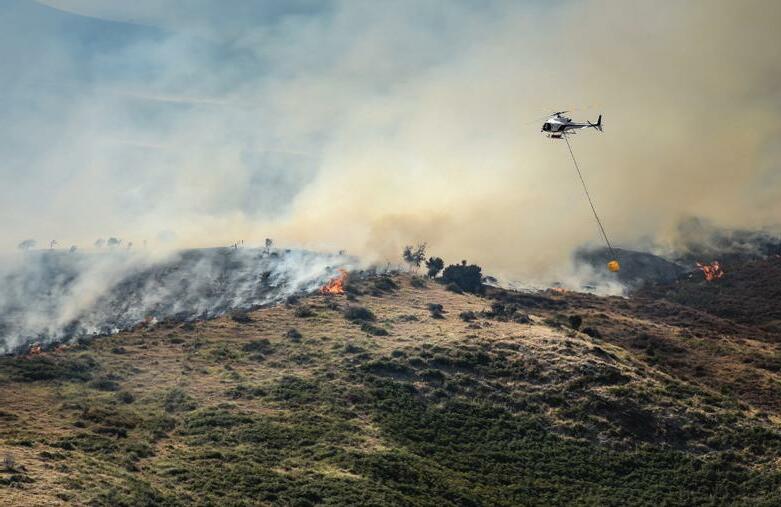
• Keep in mind, further landslides may occur. Stay away from affected sites until they have been properly inspected and authorities give the all-clear.
• Look for and report broken utility lines to appropriate authorities.
• If your property or contents are damaged, take notes and photographs when it is safe to do so. Contact your insurance company and inform your landlord if there is damage to a rental property.
• Ask your council for advice on how to clean up debris safely.
For up to date information, visit: www.moh.govt.nz
For information on criminal acts and terrorism, visit: www.police.govt.nz
If you think a landslide is about to happen

